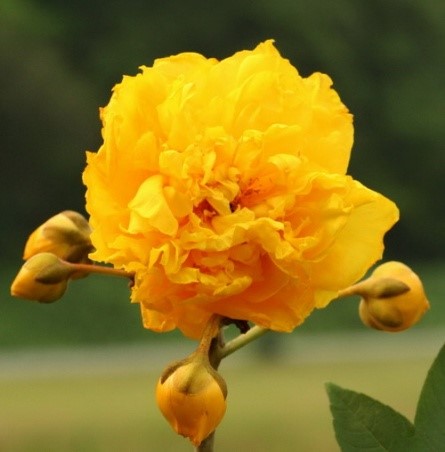

Recently, Dr. LU Xiankai, Prof. MO Jiangming and his colleagues from South China Botanical Garden (SCBG) found that elevated N deposition significantly decreased plant diversity by N deposition-mediated soil acidification in a N-rich tropical forest ecosystem of Southern China.
It is widely accepted that elevated atmospheric N deposition can decrease biodiversity in N-limited ecosystems, but this decrease has been considered to be unconspicuous in N-rich ecosystems. This view is supported mainly by the theory of competitive exclusion mechanism, and the related studies conducted in temperate and boreal zones where ecosystems are commonly N-limited. The competitive exclusion mechanism tells that increased N inputs in N-limited ecosystems make nitrophilous plants with high maximum growth rates have a competitive advantage over others and outcompete slowly growing neighbors for light and other nutrients, which ultimately decreases biodiversity. In contrast, in N-rich ecosystems, because plants adapt themselves to the N richness condition for long, additional N has almost no effects on plant growth.
This is the first report on the effects of N deposition on plant diversity in N-rich ecosystems. The finding will fill the gap in the research field of tropical and subtropical zones, and show a new threat of N deposition on forest biodiversity in N-rich ecosystems with the globalization of N deposition. This finding has recently been published online in Global Change Biology (Lu et al., 2010, doi: 10.1111/j.1365-2486.2010.02174.x).

